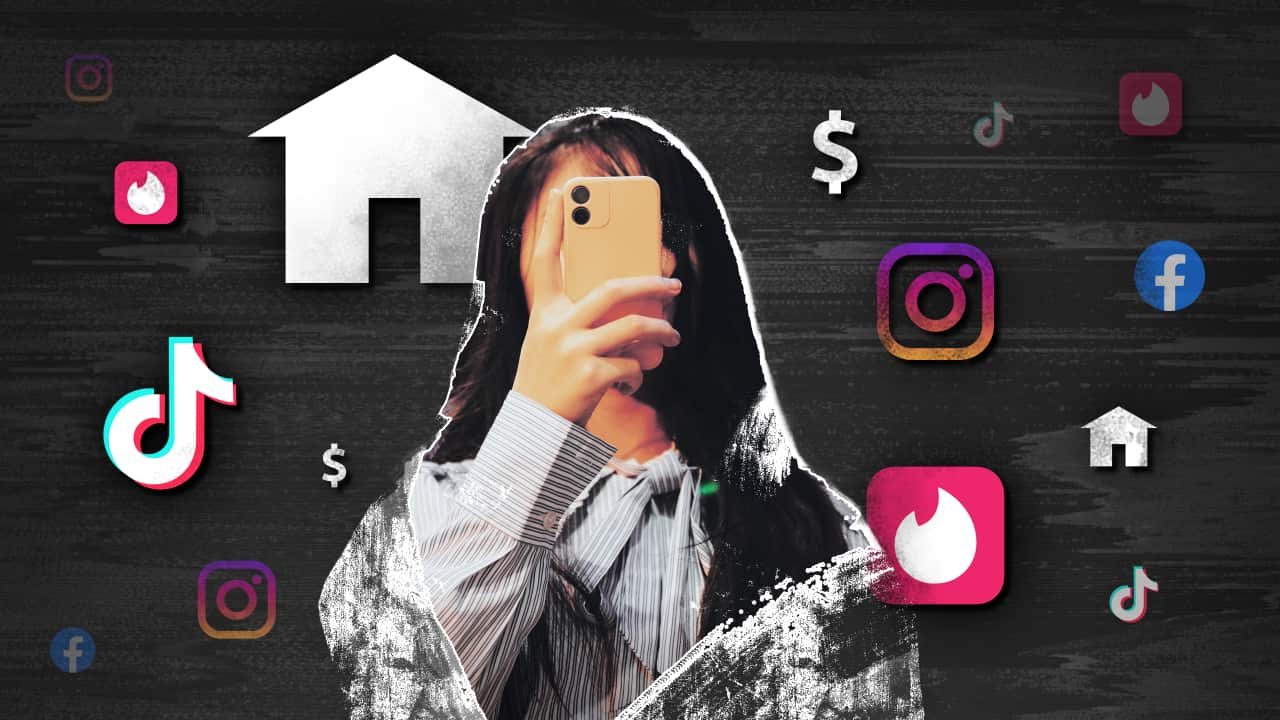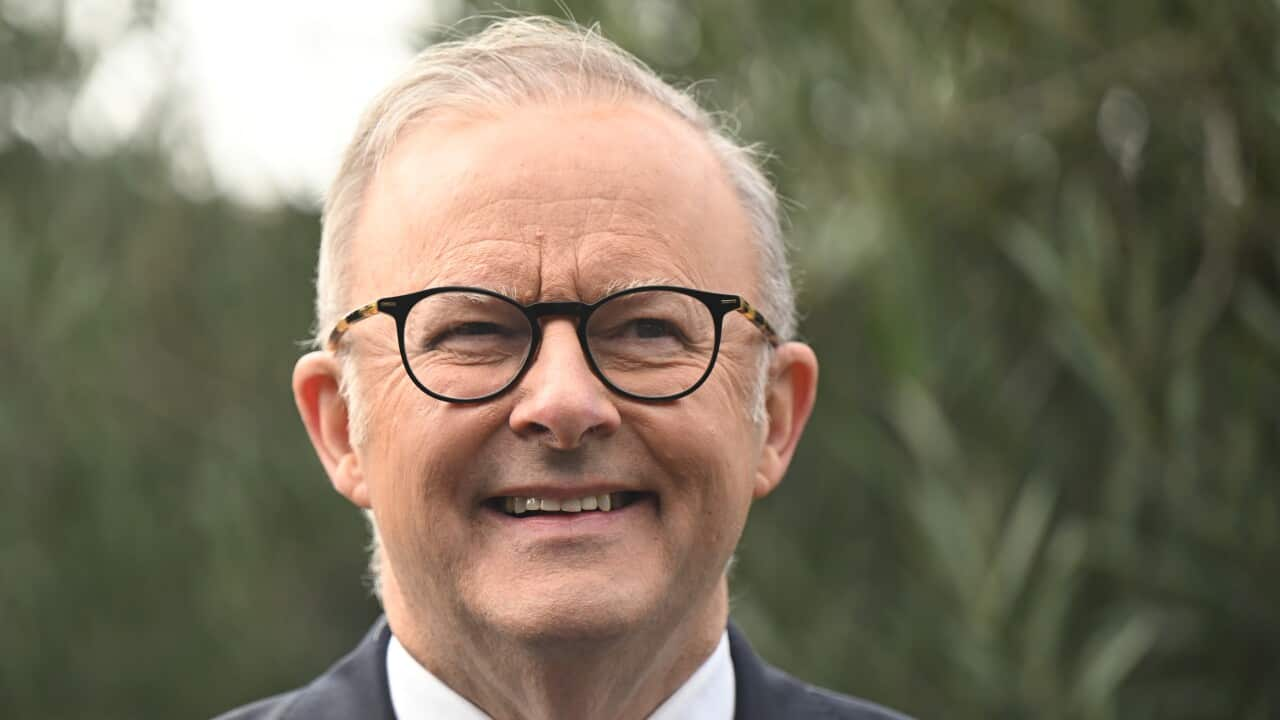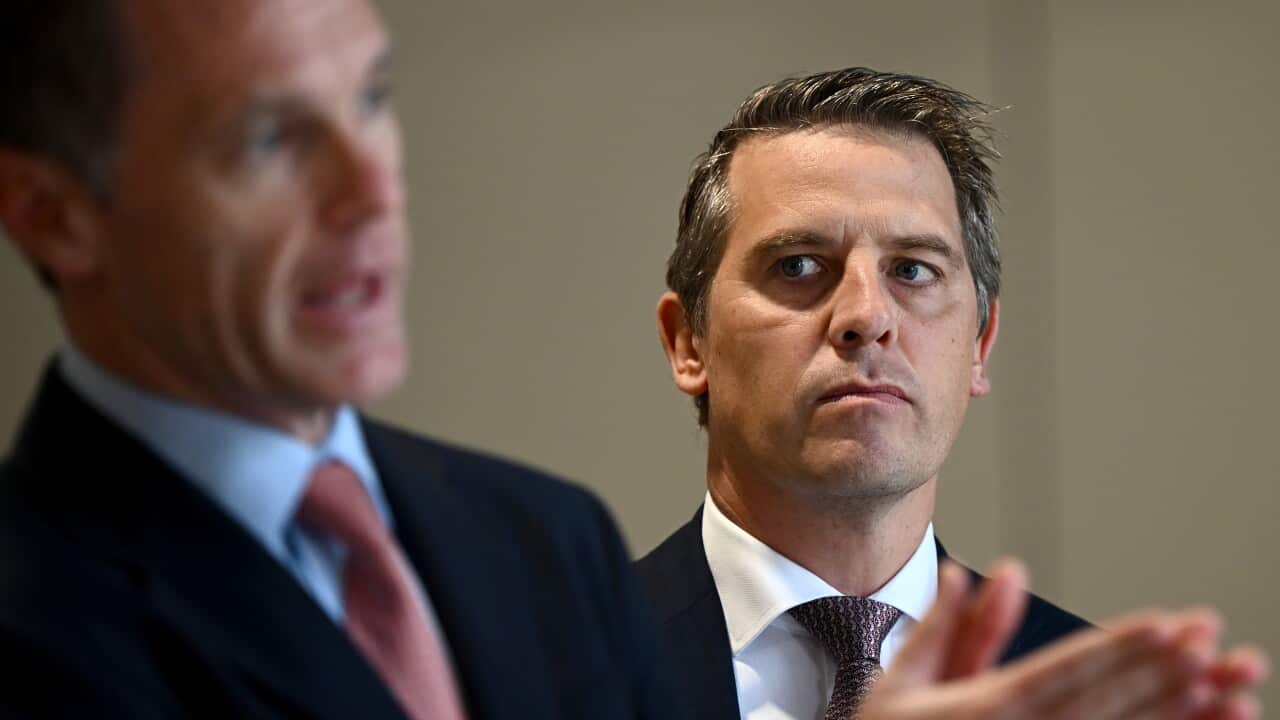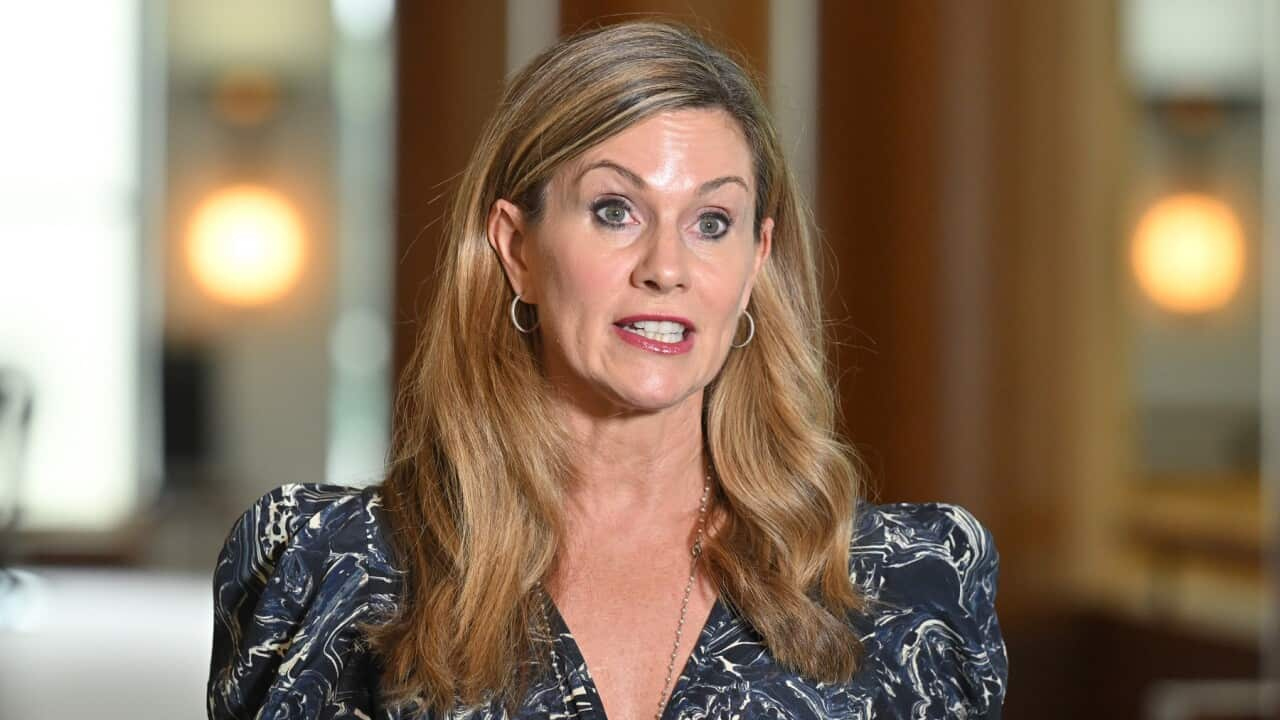This article contains references to suicide/self-harm.
Jayden Delbridge lost his father to suicide at the age of eight.
By 14, he became a mental health advocate.
Now 20, he is the founder of UrVoice Australia, a not-for-profit that provides mental health and wellbeing support to school students.
"[Conversation about] mental health doesn’t start in the hospital. It starts in cafes; it starts in speaking with friends in informal settings," Delbridge said.
A new report based on two online polls covering nearly 1,400 respondents in various age groups (gen Z, millennials, 18+) by the Social Health Foundation highlights how loneliness, social isolation and disconnection are fuelling a mental health crisis amongst Australia's youth.
The report also shines a light on the "hidden first responders" to mental health problems.
Social connection in Australia breaking down
The report highlights areas where social connection is breaking down amongst Australia's gen Z and millennials.
Gen Z is generally defined as encompassing those aged between 13 and 28 (born between 1997 and 2012), with millennials aged between 29 and 44 (born between 1981 and 1996).
Negative impact of smartphones and social media: 56 per cent of participants said social media left them feeling distressed, distracted and significantly impacted their mental health. Almost all participants (91 per cent) aged 18-39 believed "social media adversely affected the strength of their real-life interactions".
Online dating apps lead to loneliness: 46 per cent shared that online dating apps "increased how lonely they felt".
Many workplaces are not mentally healthy: 67 per cent of gen Z and millennial respondents support a shorter work week to reduce loneliness and improve their mental health. "Workplace bullying is at an epidemic level, with one-third of women having reported being bullied", the report added.
The cost of living crisis is a mental health crisis: It stopped 86 per cent of gen Z and millennial respondents from pursuing their dreams and ambitions.
Australia's mental health data
The National Study of Mental Health and Wellbeing for 2020-2022, conducted by the Australian Bureau of Statistics (ABS), surveyed Australians in the 16-85 age group, which totalled 19.8 million people.

Source: SBS News
Out of these 19.8 million Australians, only 17.4 per cent or 3.4 million, sought help from a health professional.
The survey also found that one in five Australians has experienced a 12-month mental disorder, with 38.8 per cent of people aged 16-24 experiencing a 12-month mental disorder.
The most prevalent conditions include anxiety, affective disorders (including depression) and substance abuse.
Hidden mental health workers
Like Delbridge, the Foundation for Social Health also believes that mental health conversations don't just start at the hospital. Those suffering disclose trauma, stress and isolation to people who aren’t part of the formal mental health system.
The report states: "These informal, unrecognised interactions are the quiet frontlines of our mental health system. And yet, public policy barely acknowledges them."
From hairdressers to hospitality staff, gym trainers and childcare educators — all are part of this "hidden workforce." Their clients confide in them very often "because those are the places they actually go".
But for some, like salon owner Nicole Serafin, this can present challenges.
"We get told about everything from affairs, to drug and alcohol abuse, to physical and mental abuse from partners, family and friends, and you can’t do anything about it," she said.
She said while trained psychiatrists have a buddy system: "hairdressers are not qualified to handle what we take on".
Dr Pramudie Gunaratne is chair of the NSW branch of the Royal Australian & New Zealand College of Psychiatrists.

In January, around 200 psychiatrists in NSW's public health system submitted their resignations amid an ongoing pay dispute with the state government. Source: AAP / Dan Himbrechts
"Social connection is required all the time. It doesn’t matter if it’s prevention or early intervention, having that glue that holds people together is essential."
Addressing the loneliness epidemic
This is why Glenys Reid established the first Chatty Cafe at Eclair Boulangerie, a French patisserie in the Melbourne suburb of Hampton in 2019. She recalls visiting cafes and restaurants, seeing many people dining alone.
Referring to loneliness, she says: "It's an invisible and silent epidemic in Australia that we need to take action on."
"The only way that it’s going to be successful is if it is community-led."
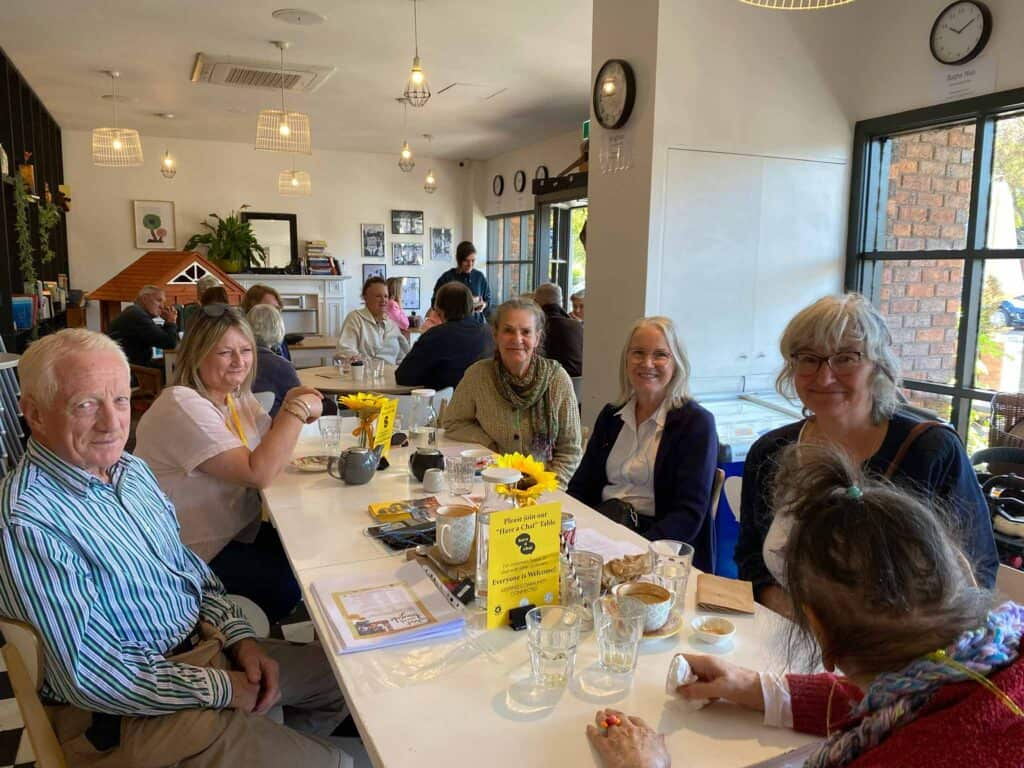
While hundreds of places across Australia host 'Have a Chat' venues, Reid says several hospitality venues have shut down in recent years due to cost-of-living pressures. Credit: The Chatty Cafe Scheme
"We know seven out of 10 people know we’ve got a problem with loneliness across Australia, we want those seven out of 10 people to play a role and reach out."
According to the 2023 Social Connection in Australia report, from the Ending Loneliness Together organisation, one in four Australians feel persistent loneliness, and one in three people experience loneliness at any given time.
Foundation for Social Health CEO Melanie Wilde is calling for a Commissioner for Social Connection to be established within government.
"This isn’t a problem you can solve with 7,500 psychiatrists and 30,000 psychologists," she said.
What we need is a national strategy that funds the places, people, and platforms that keep communities strong — from pubs to libraries, sports clubs to cafes, gyms to grassroots arts organisations.Melanie Wilde, Foundation for Social Health CEO.
According to the Australian Institute of Health and Welfare, there were 4,300 psychiatrists and 33,000 psychologists in Australia as of 2023.
Separate inquiries into loneliness in Queensland and the ACT have called for a Minister for Loneliness. A similar inquiry is underway in NSW.
Wilde welcomes the recommendations from these inquiries, but believes a more permanent position that goes beyond "cyclical portfolios" needs to be established.
'We need a complete reform'
Social media influencer Milly Rose Bannister, who has 137,000 followers on Instagram, is also the CEO of youth mental health charity ALLKND. Bannister believes the issue is hard to fight with existing resources.
"We have inherited a bit of a bin fire and been given a water pistol," she said.
"We've got structures in place that have been in place for decades, and they're simply not matching up to what young people today are requiring for their well-being in general and particularly their mental health.
"We need a complete reform."
Readers seeking support with mental health can contact Beyond Blue on 1300 22 4636. More information is available at . supports people from culturally and linguistically diverse backgrounds.
